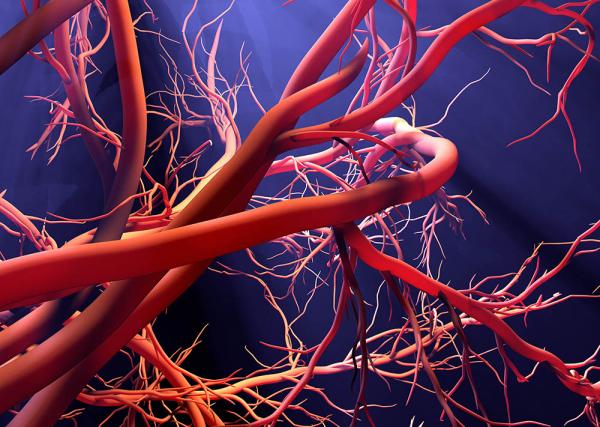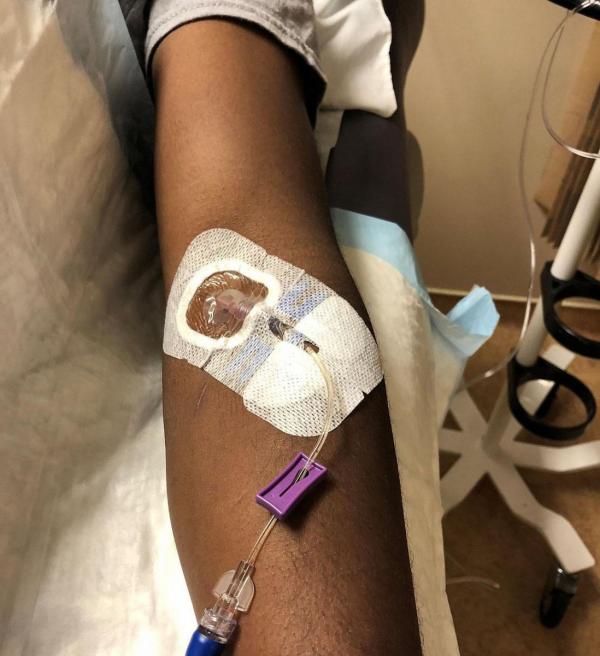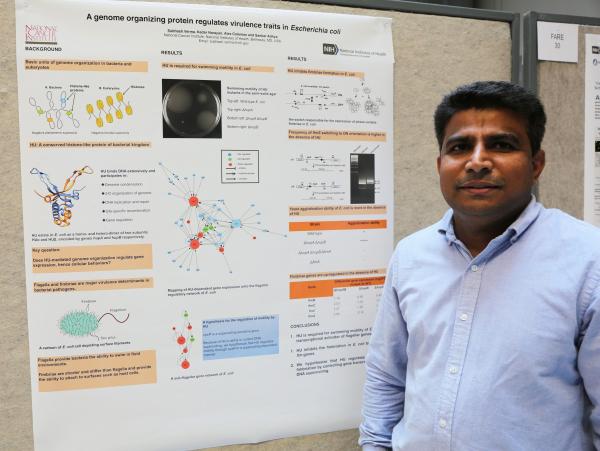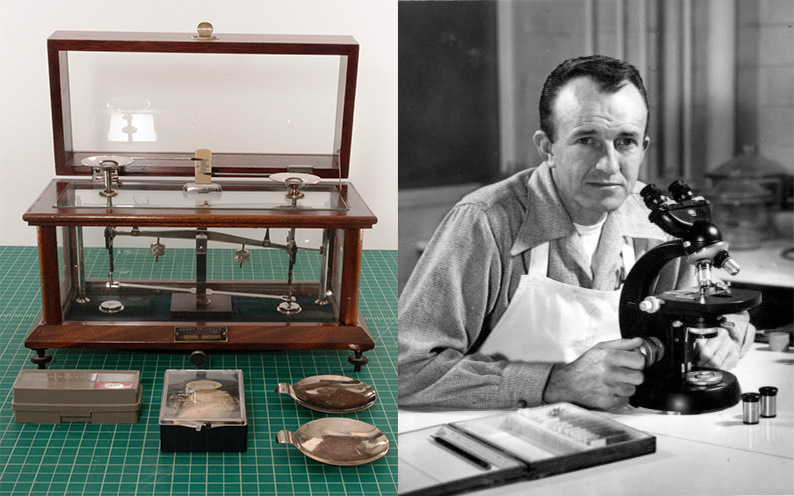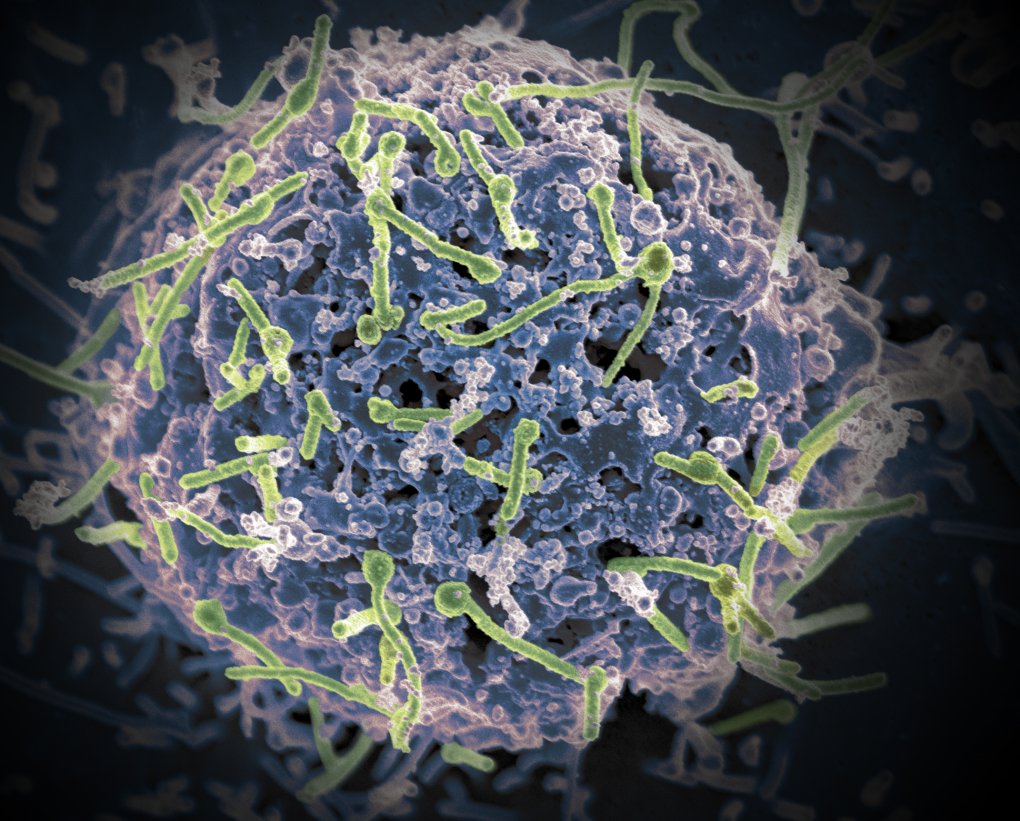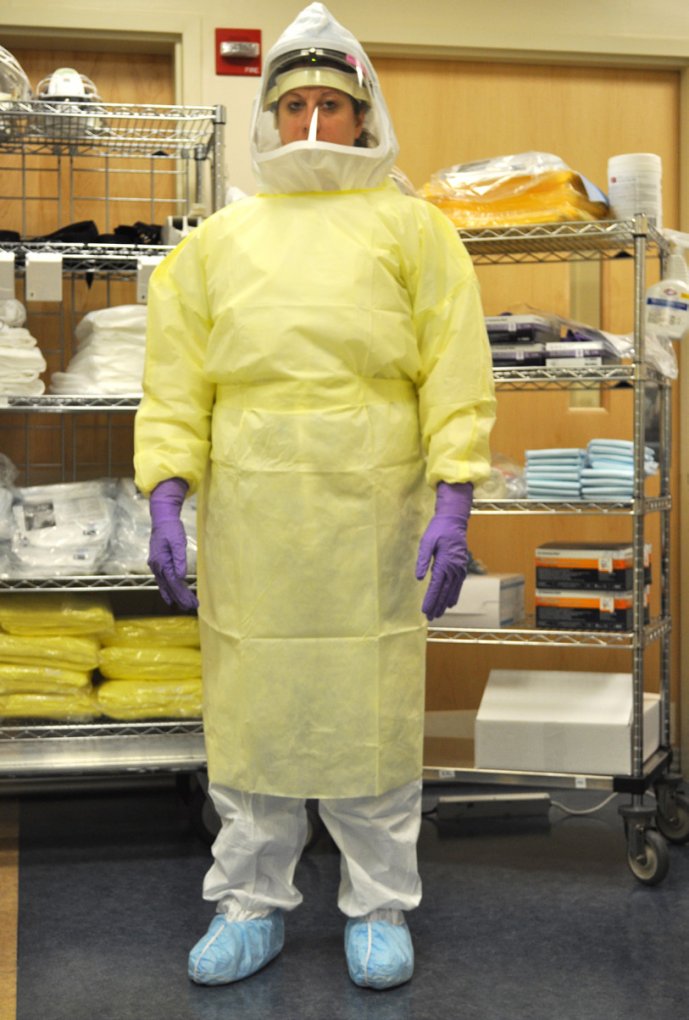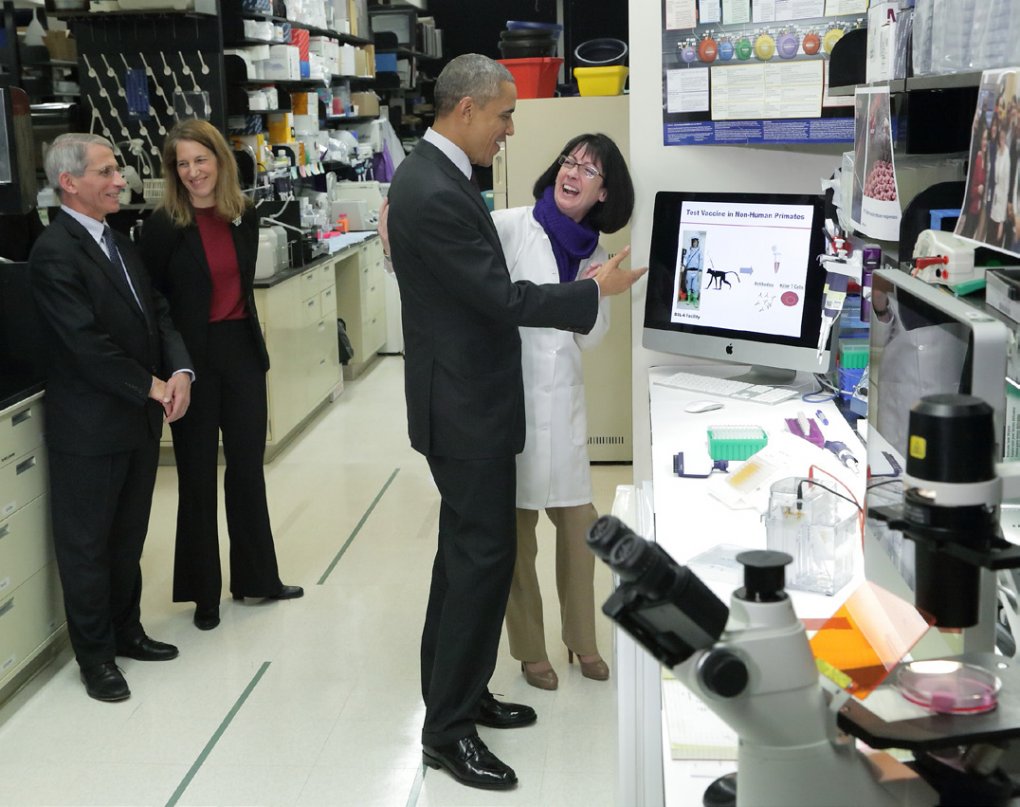Experimental Antibody Tightens Up Leaky Blood Vessels
Treatment Could Benefit Patients With a Variety of Illnesses
Our blood is a miraculous mix of cells and critical fluids that keep our organs running and fight off dangerous infections. Of course, for blood to do its job, it has to stay in our veins and arteries, which is easier said than done for people with certain illnesses. Fortunately, a recent IRP study has demonstrated the promise of a potential new treatment for people with dangerously leaky blood vessels.
Several life-threatening conditions, including Ebola and sepsis due to an uncontrolled infection, cause the fluid component of blood to leak out of blood vessels. IRP senior investigator Kirk Druey, M.D., however, came to study the phenomenon through a very rare ailment called Clarkson disease, which causes patients to periodically experience ‘flares’ or ‘episodes’ when their veins and arteries suddenly and inexplicably start leaking.

